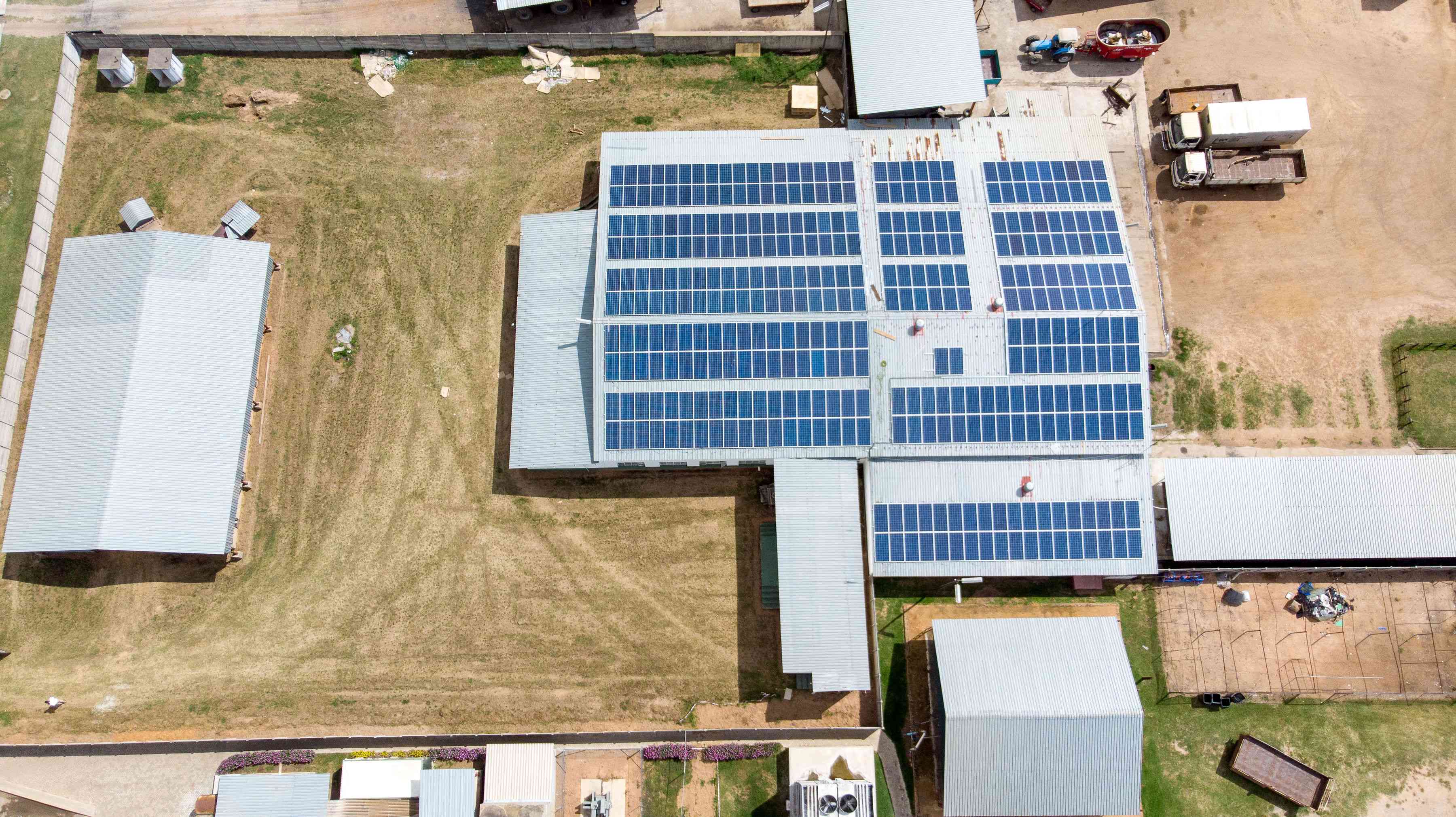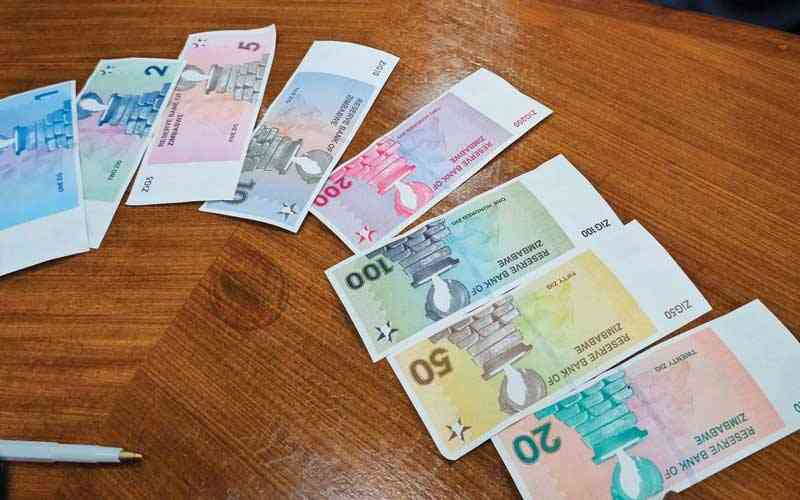
CASSAVA Technologies subsidiary, Distributed Power Africa (DPA) has built a 600 kilowatt (kw) solar plant for dairy processor, Kefalos Cheese Products, to ensure stable energy for the latter’s processes.Kefalos manufactures a growing range of dairy products for the Zimbabwean and export markets which like many other firms had been suffering for hours long daily power cuts due to low power generation. This is mainly due to low power generation from the Kariba South Hydro Power Station, Zimbabwe’s largest power generation source.While the power situation has improved owing to increased power generation from the Hwange Thermal Power plat, the second largest power source in Zimbabwe, many businesses are increasingly investing in solar energy to mitigate against future disruptions.“For dairy companies such as Kefalos, efficient electricity supply is not only essential but critical, as the processing and handling of perishable goods requires 100% power up-time,” Kefalos Head of Marketing Pam Tairoodza said, in a statement.“This investment in green energy has ensured that we minimize the impact of power interruptions, ensuring business continuity every day.”DPA said the switch to solar energy would ensure their products were brought to the consumer at minimal damage to the environment.DPA added the switch would allow the KCPL to meet its ESG goals and maintain competitiveness on a regional and global scale as consumers were becoming more and more conscious of associating themselves with brands that uphold good manufacturing practices.“Kefalos’s transition to solar energy will allow them to keep essential operations running at their Bhara Bhara Factory along Mubaira Road,” DPA said.“Cost reduction has become the mantra for businesses the world over. For Zimbabwean-run manufacturing companies, this has not been any different. Solar energy reduces manufacturing costs, allowing companies to reduce their energy bill by up to 30% while also reducing their carbon footprint.”DPA said Kefalos DPA-installed solar plant provides up to 50% of Kefalos’ energy requirements when the factory is running at full capacity while reducing the company’s carbon footprint significantly.“The plant’s annual energy production of 999,6MWh (megawatt per hour) saves 599 000kg of carbon emissions and saves over 6 200 tonnes annually. The grid-tied system also allows for the solar plant to supply energy to the national grid when the power demand from the Kefalos factory is below the solar plant’s power output,” DPA said.DPA is a subsidiary of Cassava Technologies, the digital services and digital infrastructure arm of Econet Global Limited, the South African headquartered technology firm belonging to Zimbabwean billionaire and Zimbabwe’s richest man, Strive Masiyiwa.Econet Global has the majority shareholding in Econet Wireless Zimbabwe.“The Kefalos deployment has proven to be one of our most complicated deployments to date as it required close coordination and integration with the ZETDC substation and distribution network,” DPA chief executive officer Norman Moyo said.“The successful connection to the grid has opened up a significant opportunity for DPA to deliver larger and unique solar-embedded grid-tied solutions beyond 10MW, particularly to large users, mines and factories in the country. I am proud of the dedication of our engineers and the support we received from ZETDC on this landmark project.”He said that while the recently announced 600 MW capacity added to the grid by ZESA through Hwange Thermal Power Station would greatly stabilise energy supply in Zimbabwe, DPA expected energy costs to increase.“Our customers are keen to increase their solar deployment to deal with adverse energy costs. We are experiencing an increase in demand for grid-tied solar systems from our commercial and industrial users,” Moyo said.“DPA continues to provide financing for the solar and battery storage on a lease model. This allows customers to better control their escalating energy costs and deploy their capital to their core business.”According to DPA, the use of generators as backup power is becoming increasingly expensive because of the rising cost of fuel, and many companies are now investing in more economical solar solutions.“Unstable grid power has interrupted operations for many companies, increasing the demand for cleaner and more reliable renewable energy,” the firm noted.






